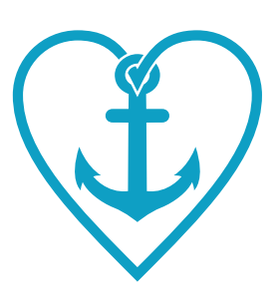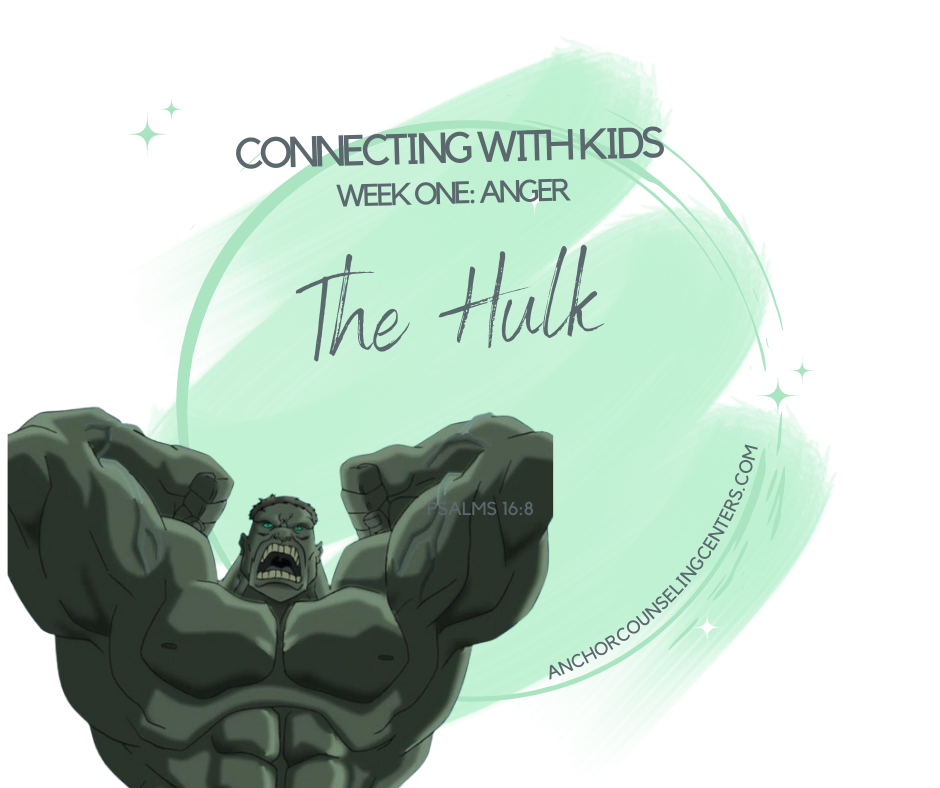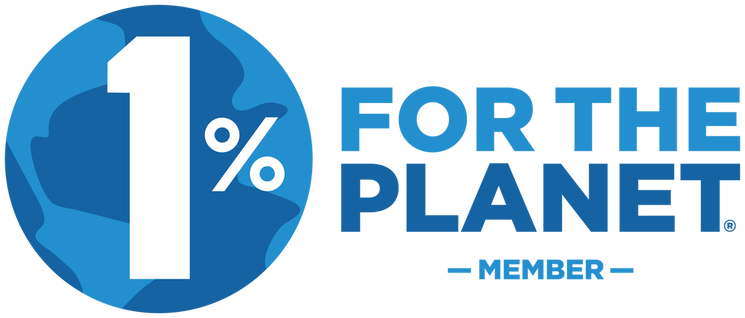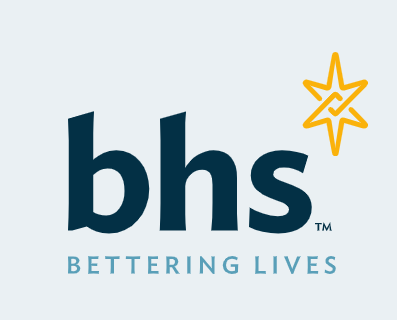|
Connecting with kids through Super Heroes!
Week 1 - Using the Hulk to “Smash” Anger Anger is a secondary emotion, meaning that we tend to go towards anger to cover up vulnerable feelings that are not fun to deal with. I have so many patients who are sad, hurt and anxious, but it comes out as anger. Anger is difficult to manage because it takes time to get to the root of the emotion before it can be treated. So how do I help kids with that anger and bring it down to their level, in therapy? Well, we discuss superheroes of course, like our green friend, the Hulk! Everyone loves the massive steam roller when he is working with The Avengers because he uses his powers for good. But when he is unable to control his anger, he ends up laying out Thor, leveling buildings and having the kind of temper tantrums that put insurance companies out of business. Relating anger to a character your child knows and loves, can break down barriers between the two of you. It also allows your child to look inward without feeling scared or embarrassed. While dealing with anger, we do not turn green, but it can be argued that we turn into a creature like the Hulk. The anger children/adolescents feel has a more negative impact on school and at home than the Hulk smashing a city block. So what do we do? How can we teach our children to use that anger for good? For now, it is important to understand that even if your child has some anger issues, that’s not a bad thing. He/she is still your little superhero. We just need to channel that anger a little bit so he/she plans better with the rest of the Avengers! 1. Defining Triggers The Hulk knows exactly what gets him angry- he decided to live in a secluded place before the Black Widow found him and asked him to be an Avenger. While living in isolation is not the best coping skill for anger, the Hulk is aware of his surroundings and triggers. How you can use this to talk to you child: “We know the Hulk is angry, but most of the time he is not green; He is Dr. Banner. What are some of the things that make him angry and how do you know? Do you know of any specific triggers that make you angry and turn into the Hulk?” 2. Learning the physical and emotional changes when angry Other than the obvious physical change where the Hulk turns green, he can feel the other physical changes in his body. He gets hot, sweaty, starts to breathe shallow and rapidly and he is not able to gather his thoughts (racing thoughts). How to talk to your child: “When the Hulk turns green, he is obviously angry. What else happens to him when he is angry? Do you get any of the same feelings? As a parent I can see [fill in the blanks with symptoms]. Do you notice that?” 3. Learning coping skills The Hulk will take an 'adult time out" to cool down, walk away, take deep breaths and will make a joke to relieve tension. These are used BEFORE he becomes green, as coping skills are designed to prevent the anger, not stop it once you are angry. How to talk to your child: “What do you see the Hulk do when he gets angry and doesn't want to smash things? Once he turns green, it is very hard for him to change back into Dr. Banner. When he is Dr. Banner, he tries to use coping skills like deep breathing and walking away. What has worked for you before?” 4. Accepting the anger and using it for good The Hulk accepts that he is an angry man, and we know this because of the quote from the Avengers: Captain America: [Hulk], now might be a good time for you to get angry. It is important to normalize anger with kids, and remind them that anger is a normal reaction. It is important that they learn how to manage the anger appropriately and possibly turn their anger into motivation. How to talk to your child: “You know when he tells the Avengers his secret, that he’s always angry? Why do you think he’s usually Dr. Banner then, and not always the Hulk? Could it be because he has learned to control his anger? To wrap up, here is an example of the “script” my husband would use with his students: “Have you noticed when Dr. Banner turns into the Hulk? Is it a surprise to him, or does he feel it building before he turns green? We can see his anger increasing, which means he can also feel his anger building. Because he is aware of how he feels, he is able to calm himself down to avoid turning into the Hulk. He has learned to manage his anger, and only turns into the Hulk when he is able to to help himself or others. Anger is something that tends to be there all of the time, just waiting to burst out. Can you feel inside when you are having your own “Hulk” moments? This can happen when the anger becomes so intense that you turn into your version of the Hulk? Can you feel the anger building ahead of time? What does it feel like? How do you know when you’re about to turn into the Hulk? The fact that you can now detect that anger building gives you a super power that you can now control! What can you do when you feel that anger building? So now, when you feel the anger building, you can take those steps to avoid turning into the Hulk!” I encourage you to comment below or ask questions in the post, I’d love to hear your feedback. If you have a question or topic you think would be a good fit, please feel free to email me at [email protected] or if you are interested in scheduling a therapy appointment, click here.
0 Comments
Leave a Reply. |
AuthorWhitney Thompson, LCPC is a Psychotherapist and Owner of Anchor Counseling Centers. ArchivesCategories |
Locations
|
Phone
443-328-4946 Fax 443-539-8173 Suicide & Crisis Line 988 |
Our Mission: ACC is dedicated to promoting positive mental health and wellness through education and high quality mental health counseling to all who seek it.
Our Vision: To provide top quality mental health services and psychological safety for all. |


 RSS Feed
RSS Feed








